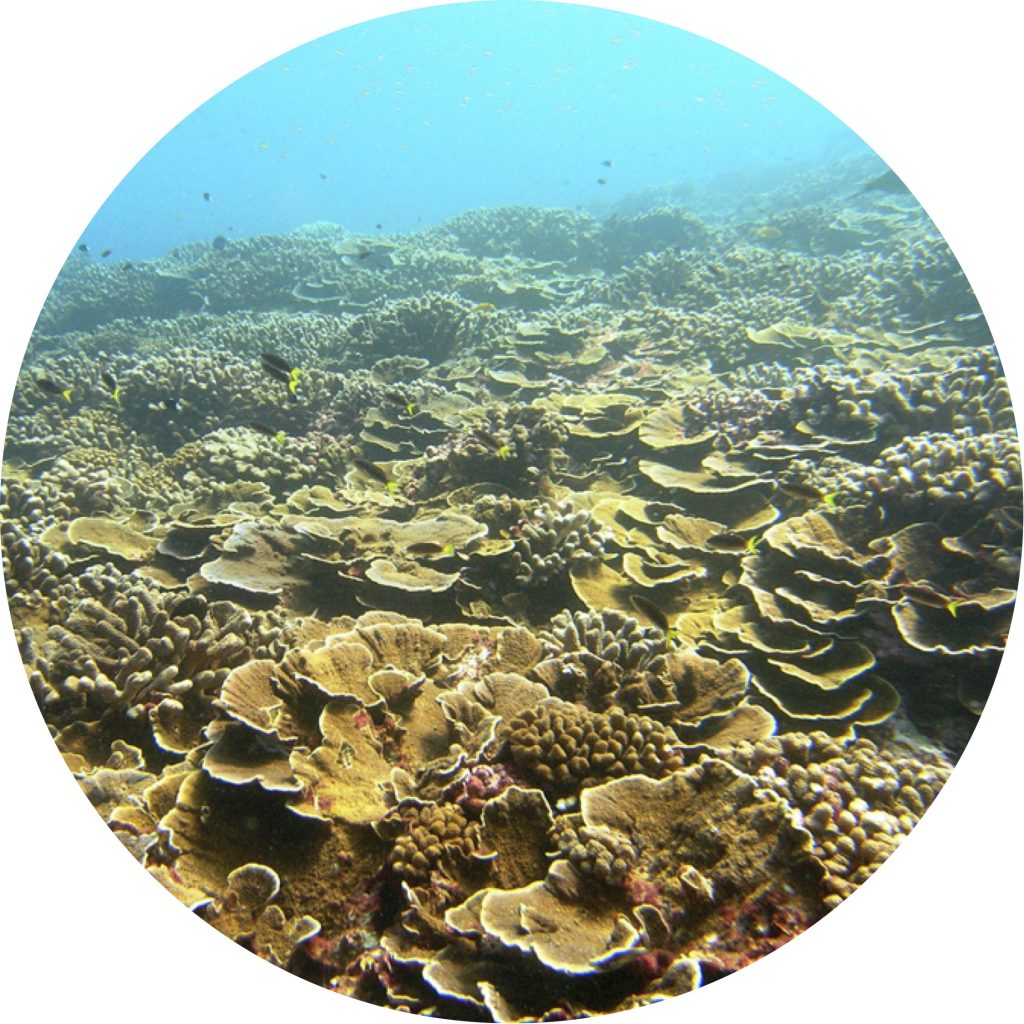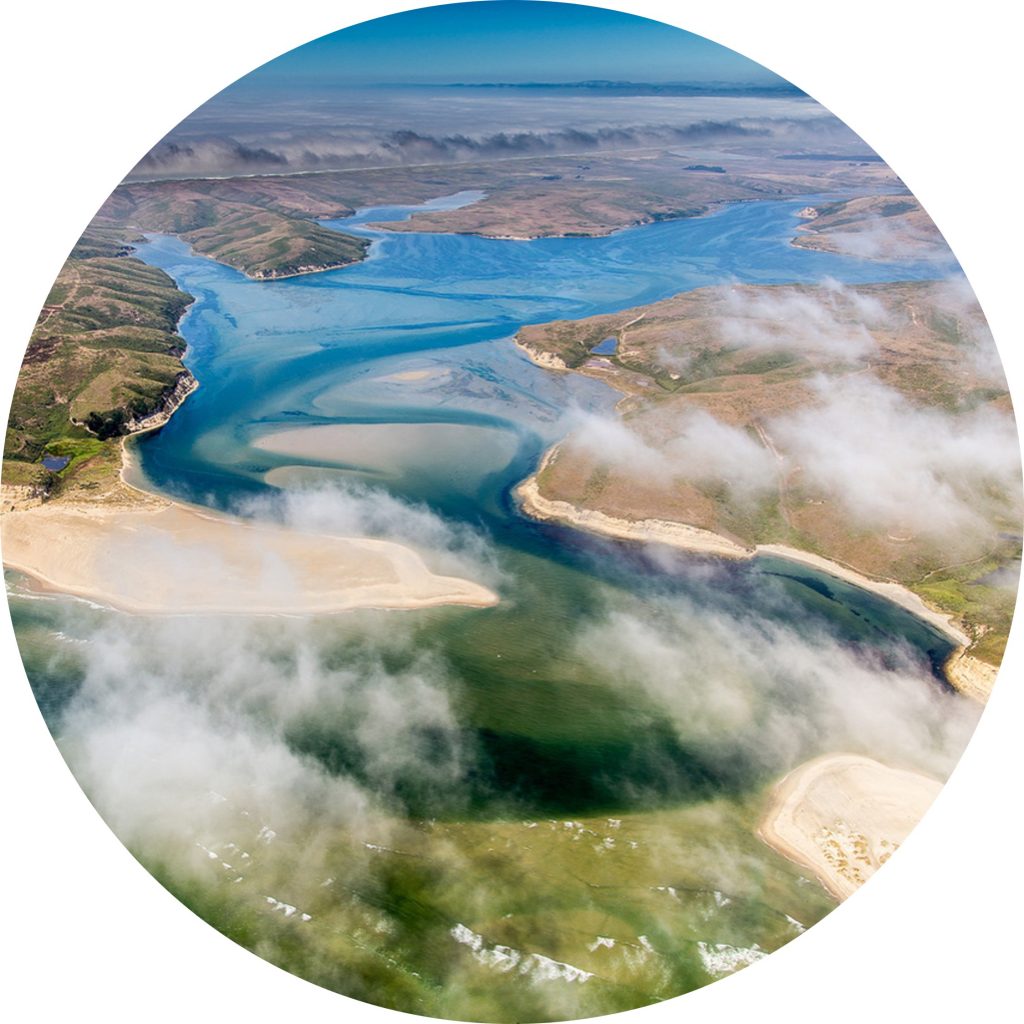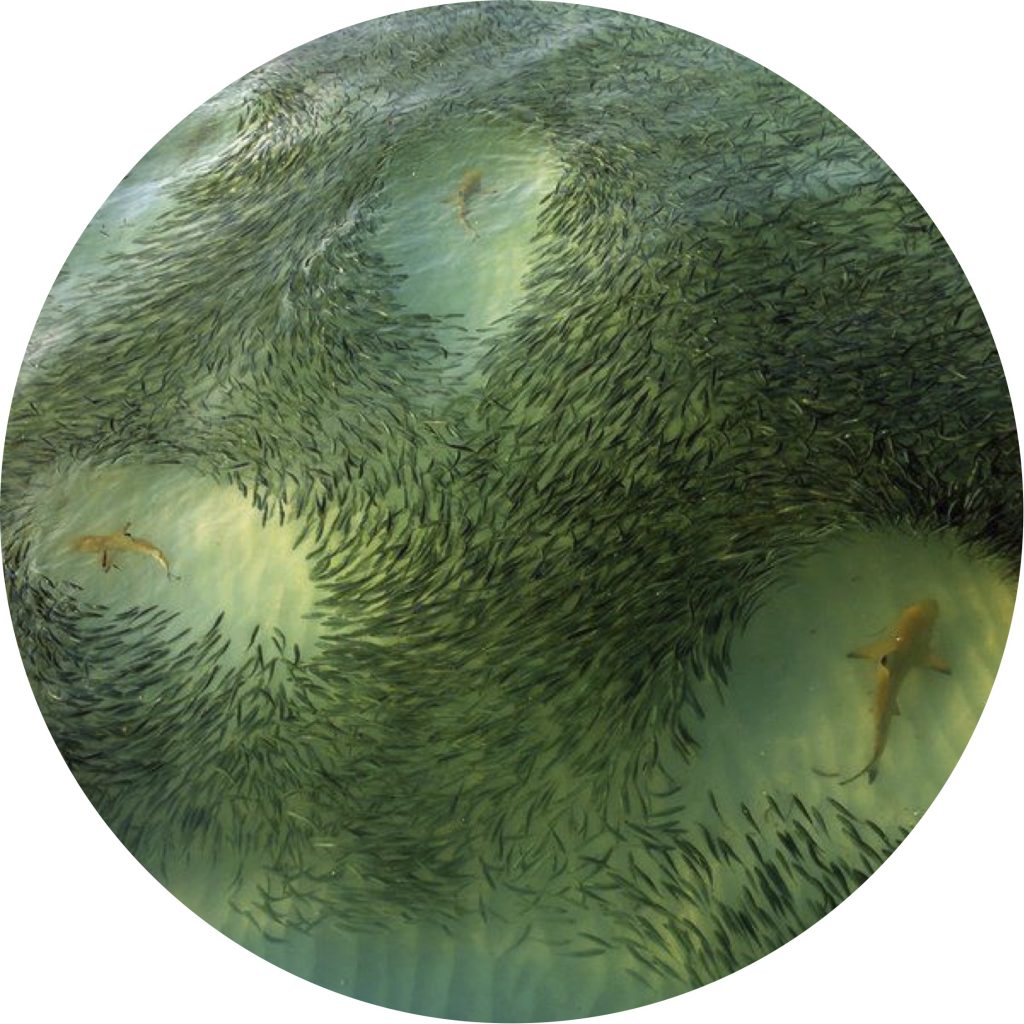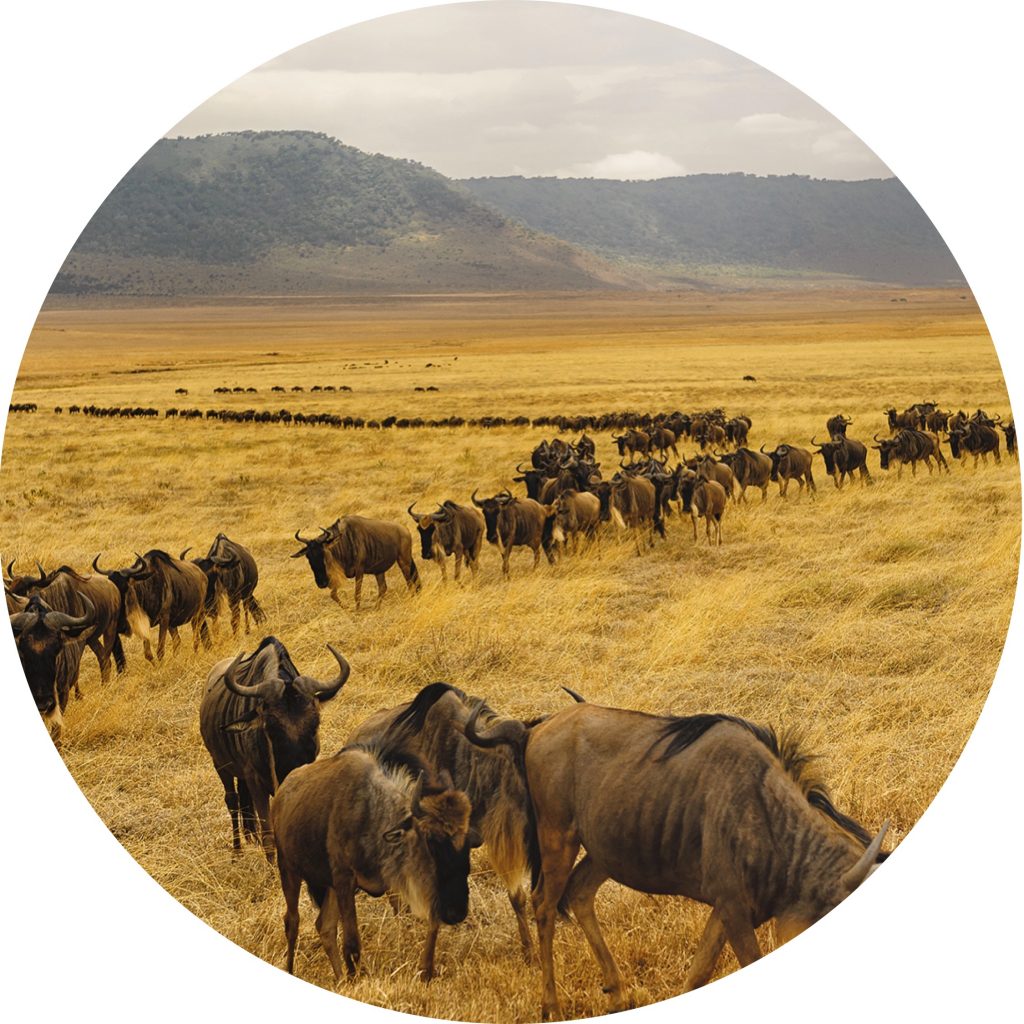Teaching
Courses taught

Discovering Nature with Observations & Experiments (EGMT 1520)
Note: This class is taught as part of the Engagements Program for first-year students.
Nature is changing faster than our ability to understand and document it, with profound consequences for the functioning of ecosystems and the people and economies that depend on them. At the same time, humans have relatively short memories of how the natural world used to look in the recent past, challenging our ability to comprehend the rapid changes underway.
This course teaches students how scientists learn about nature empirically: by observing and studying it directly, and manipulating it to see how it responds. Students learn how experiments, comparative studies, and long-term data help us understand ecosystems and inform decision-making related to the environment. By the end, students will know how ecologists produce empirical evidence and appreciate its importance to informing decision-making on how to manage and conserve nature and its resources.

Fundamentals of Ecology (EVSC 3200)
Ecology is the scientific study of the relationships among organisms and their environments. Among the primary goals of ecology are to understand the distribution and dynamics of life in all its complexity, how living organisms relate to one another, and how they interact with the non-living world (atmosphere, geosphere, hydrosphere).
In this course, we cover all of the foundational aspects of ecology, including evolution (e.g., adaptation, life history, ecological genetics), biogeography, population dynamics, community ecology (e.g., species interactions, succession, biodiversity, infectious disease), ecosystem ecology (e.g., energy flow, nutrient cycling, biogeochemistry), and interactions between humans and the biosphere (e.g., anthropogenic impacts, sustainability, conservation, climate change).

Coastal and Estuarine Ecology (EVSC 4110 / EVEC 7110)
Approximately 40% of the world’s population lives within 100 km of the coast. In this interdisciplinary course, we explore the ecology of estuaries and coastal marine ecosystems, including the physical, biogeochemical, and biological aspects.
This course is co-taught with Professor Karen McGlathery.

Spatial Ecology (EVSC 4170 / EVEC 7170)
Our world is fundamentally structured by the interactions of organisms across space. Understanding how spatial processes influence species abundances, distributions, and interactions is a fundamental and enduring challenge in ecology. Knowledge of spatial dynamics is also key to solving ecological problems such as conserving biodiversity in fragmented landscapes, designing effective reserve networks, minimizing the spread of biological invasions, and stopping infectious disease outbreaks.
In this course, we explore how spatial patterns and processes influence ecological systems across a broad range of biological organization that includes genes, populations, communities, and ecosystems. Our discussions take us across a variety of habitats, from mountaintops to the open ocean. We also learn about the central role of humans in altering the spatial ecology of the biosphere and the consequences of spatial ecological processes for human wellbeing.

Messy Data: Statistical Methods in Ecology and Environmental Sciences (EVSC 5040)
Robust data are the cornerstone for scientists to understand ecological processes and inform solutions to environmental challenges. However, real-world ecological and environmental data are often messy and imperfect, failing the assumptions of classical statistical models and challenging our ability to glean clear interpretations.
This course explores the many types of complex data structures that are common in ecology and environmental sciences, such as heterogeneity of variance, nested data, non-independence (e.g., spatial and temporal correlation, autocorrelation due to repeated measurements), missing data, truncated data, data with non-normal distributions (e.g., count, binary, proportional, Poisson), zero-inflation, mediating covariates, and non-linear effects. Students will be provided with an introduction to implementing several types of advanced statistical models using R, such as generalized least squares models (GLS), linear mixed-effects models (LMM), generalized linear models (GLM), generalized linear mixed-effects models (GLMM), generalized additive models (GAM), and generalized additive mixed-effects models (GAMM).

Coastal Ecology Seminar (EVSC 7122)
An exploration of contemporary topics in coastal ecology through readings, discussions, and critiques of primary literature.